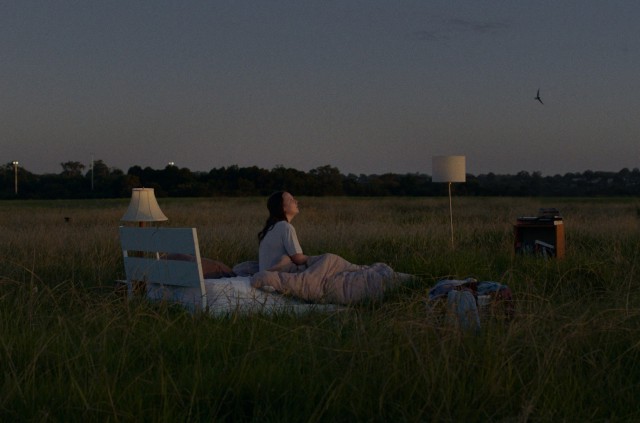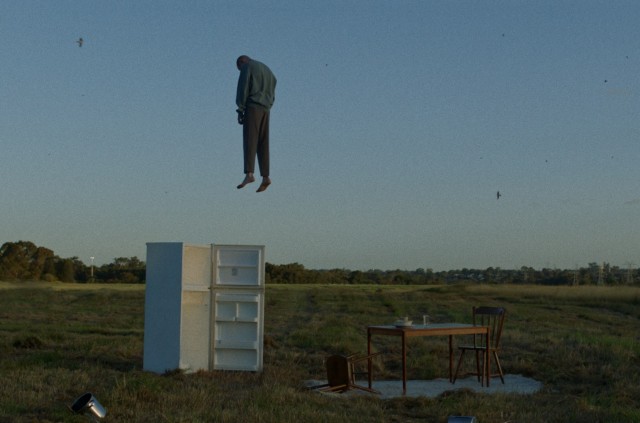As rising housing costs, economic inequality, and other factors lead people worldwide to question whether they’ll ever own their own homes, governments are scrambling for solutions to the housing crisis. As the problem deepens, public frustration turns into anger – an emotional response echoed by Australian director David Robinson-Smith, who captures these sentiments in his surprisingly poetic tale of greed and revenge, We Used to Own Houses.
“I really wanted the short itself to feel like what works about a great punk song”
Reflecting on his disappointment with the situation and how it inspired him to create his short film, Robinson-Smith admits, “I just couldn’t see how any of it was going to get better.” Motivated to explore the housing crisis in Australia and broader class issues, the director turned to his love of music, and in particular the lyrics of Scottish band Ashenspire, for further inspiration.
“I really wanted the short itself to feel like what works about a great punk song”, the filmmaker explains. “Sometimes it’s just three chords and someone shouting, but you feel it” and We Used to Own Houses is infused with that raw emotion. As you watch the seven-minute short, it’s as if the director channels a nation’s frustrations, capturing the simmering outrage and expressing it through his work. If We Used to Own Houses were a punk song, it would be infectious, the kind you’d want to scream along with until your throat was raw.

“I was angry and frustrated by the housing crisis in Australia and just class issues in general.” – Robinson-Smith discussing the inspiration behind his short.
Despite the anger that We Used to Own Houses is built upon, there’s a beauty in the filmmaking that creates a pleasing contrast. Similar to his previous short, Mud Crab, Robinson-Smith combines an uncompromising rawness with a poetic touch, resulting in a film that resonates both emotionally and aesthetically.
“With my other short and the feature I’ve been working on, I’ve explored abstract ideas like regret, truth, and memory in a straightforward manner,” the director reveals. Adding that with We Used to Own Houses, he chose to convey a “straightforward message approached in an abstract way.”
Achieving this through a mixture of planning and improvisation, Robinson-Smith began the process of making We Used to Own Houses by initially cutting together storyboards in Premiere and adding temporary music and dialogue. This method gave him a helpful overview of how the short would come together, allowing him to focus on capturing the essential moments during filming. With these key elements in place, he felt comfortable enough on set to relax and start improvising.

“The man floating in the air is actually my friend Frazer up in the air on wires. That was very fun to watch.” – Robinson-Smith discussing the production of his short.
That improvisation took the shape of employing a “more documentary approach” to some of the filming. Working with DP Jaclyn Paterson, who also shot Mud Crab, the pair took the camera around the director’s hometown of Budgewoi four days before the main shoot. Capturing imagery for the dream sequence, this section of the film proves essential in setting the abstract tone of the short, the visuals working to portray this overarching sense of hopelessness and desperation that’s vital to the film’s message.
We Used to Own Houses stands out as another compelling example of Robinson-Smith’s filmmaking prowess, reinforcing the high expectations we have for his career. With a style that is distinct, unique, and adaptable, he’s a director you could easily see working across commercials, music videos, television and features. While he’s already hinted at working on a feature, we’re excited to see it and confident that whatever his next project may be, it’s sure to turn heads.

 Rob Munday
Rob Munday